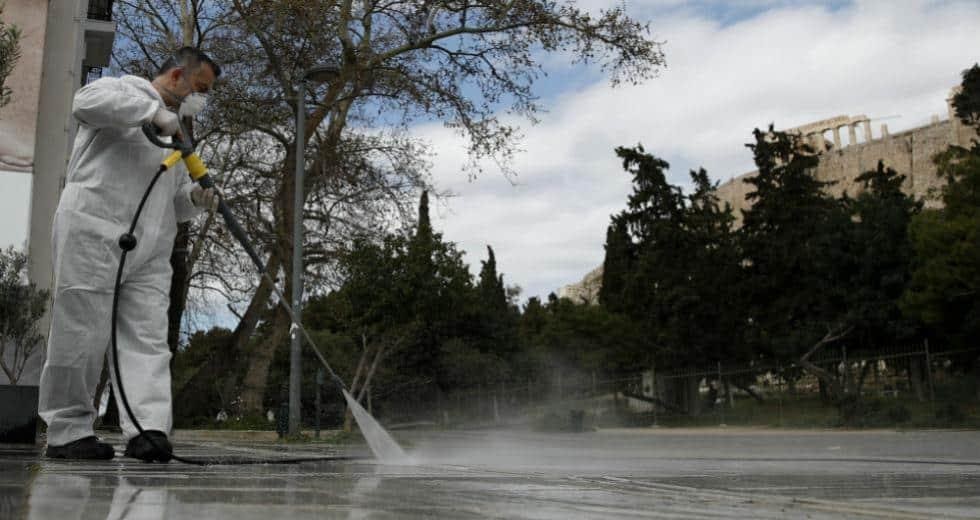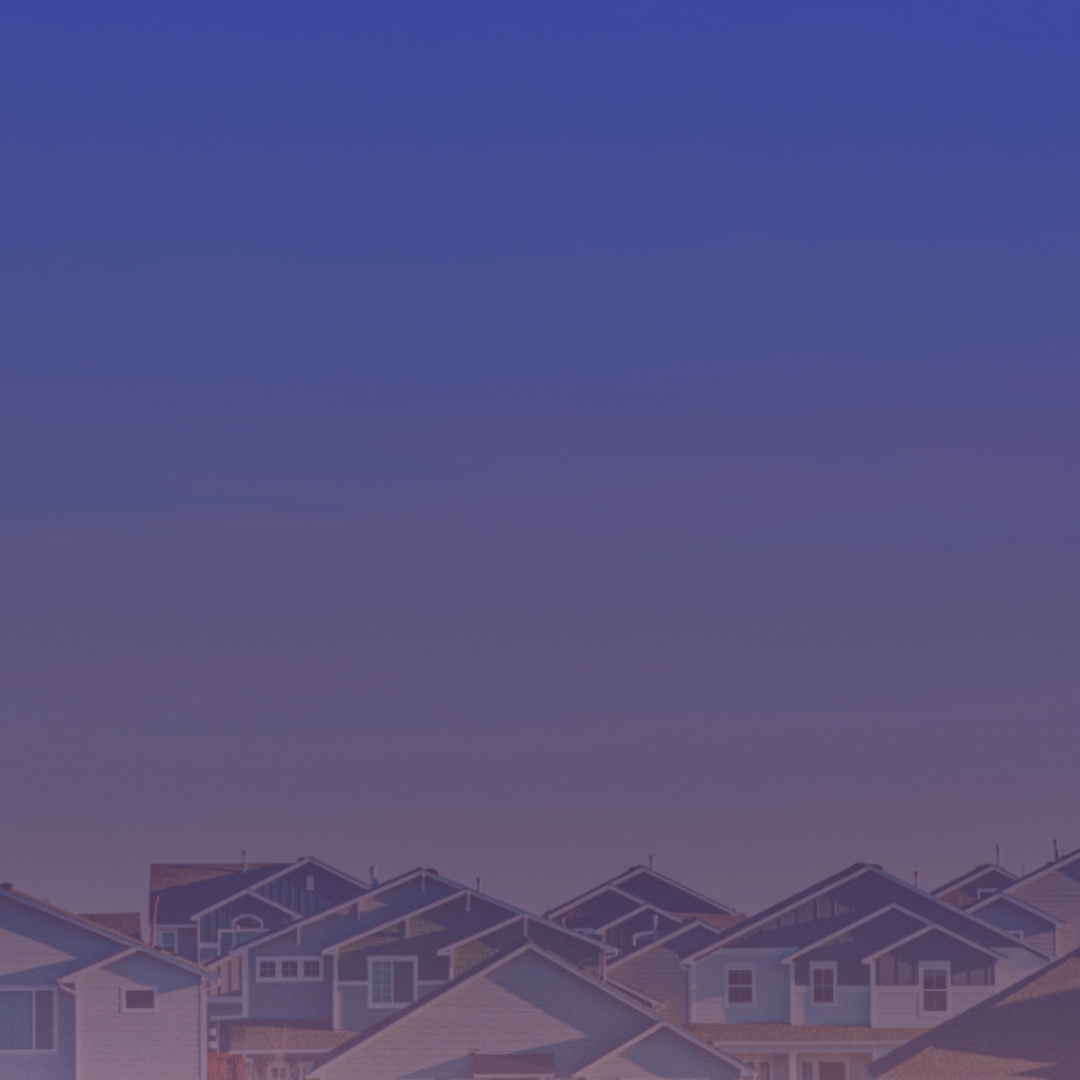
Written by Nicholas Argyros the EST Ambassador to Greece
The unprecedented coronavirus pandemic started this decade in the most peculiar way possible and it is already one of the millennial highlights. The outcome of this medical war cannot be predicted at the moment. Unsurprisingly, health care all around the globe proved to be inadequate to intercept the virus threat. In general, the functionality of a system is tested mainly during times of crisis. The Greek Government was one of the few ones globally to detect the potential danger at a very early stage, and it has managed to handle the current situation rather effectively.
On the other hand, many European countries spectated their already decaying health care system collapse, costing thousands and thousands of lives. So what differs from one country to another regarding the policy they follow? At a glance, the promptness and the severity of the lockdown play a huge role in limiting the virus diffusion. However, the quarantine has resulted in making our routine duller and harder than ever. The question is, could there be any bright spot out of this chaos?
Europe has been in lockdown for over a month. Case in point: all around Greece, school and university facilities, as well as retail and tourism businesses, remained closed through 4 May. Any other movement, except for that towards and from the workplace, groceries and medicine shopping or physical exercise is against the law and fined. As a result, the once packed alleys and congested avenues are now empty; most European cities face similar difficulties. Quarantine has forced millions of students and employees worldwide to get familiar with the usage of various remote learning and working tools. This situation has resulted in significantly lower gas emission and clearer atmosphere.

Image Credit: ESA/EPHA/James Poetzscher
Interpreting pollution data
The European Space Agency (ESA) has been monitoring air pollution over Europe since 2017, with the help of Copernicus Sentinel-5 Precursor, ESA’s brand-new satellite. At the very beginning of the quarantine, it was easy to predict that fewer moving vehicles in the streets would result in significantly lower gas emissions. Indeed, ESA gathered a plethora of data and, at first glance, the results were more than encouraging. Europe’s most populated metropolises, especially in the Northwest, remain the most polluted areas in Europe. Nevertheless, the drop in nitrogen dioxide levels in the atmosphere was noticeable. (1)
Our planet has, finally, got the chance to “breathe” and so have its inhabitants. While it is common knowledge, air pollution has been causing numerous health issues throughout the past century. Therefore a clearer atmosphere benefits the health of millions of people worldwide. Having said that, can nitrogen dioxide levels remain that low after the end of the lockdown? Unfortunately, the aforementioned data represents an era when streets are historically empty. After the end of the global lockdown, students and employees should and will return to their pre-COVID-19 breakout routine; should they not?

Image Credit: Greece Is
The global rise of telecommuting
The quarantine will hopefully be over by the end of this year for citizens all around the world. With that in mind, it seems impossible to keep nitrogen dioxide in the atmosphere at current levels. Governments and international non-governmental organisations working on ecological problems have one last chance to prevent further environmental damage. The ideal scenario for air quality would be between quarantine and pre-quarantine levels. That being said, several fundamental changes need to be implemented, and one of the first ones should be related to work issues.
During the pandemic, several firms from various industries have tried to keep their agenda as insusceptible as possible by utilizing virtual offices. However, remote working was already trending before the coronavirus breakout. Two years ago, IWC plc, a multinational provider of – among others – virtual offices and video teleconference services, conducted a survey on telecommuting, with the help of 18,000 business professionals across 96 international companies. According to the CEO of IWG plc, Mark Dixon, established corporates were leading the change into remote working, to boost productivity and job satisfaction. (2)
According to the same survey, 70% of professionals work remotely at least one day a week, while 53% work remotely for at least half of the week. Presently, the pandemic has left companies no other choice but following this work strategy. For instance, the CEO/chairman of a multinational investment bank was asked about the company’s operation during the lockdown. As he professedly said, an increase in remote work and video conferencing will push companies to become more comfortable with providing more flexibility to employees, and incidentally make them more attractive places for people to work (3). Taking into consideration both the survey’s results and the interview outcome, telecommuting seems, at the moment, perfectly applicable and feasible to some extent. But how are the dots connected, so that Europe follows a greener path this new decade?

Image Credit: Martin Godwin/The Guardian
Life after the quarantine in Greece
While the first fully technologically literate generation, the millennials, gradually enter the market in every corner of the world, a technological shift seems necessary and will prove to be revolutionary for certain industries. Notably, the ten-year financial crisis Greece faced over the last decade left the country many years behind technology-wise. Fortunately, digital reformation of bureaucracy has been in progress over the past semester. Moreover, forcing or motivating companies from industries such as media and informatics to function once per week remotely should be an interesting experiment for the current Greek Government and the Greek Ministries of Labour & Social Affairs and Digital Governance.
Implementing such changes would have a positive impact on the traffic jam in Athens, as well as in other crowded Greek cities. Residents of the Greek capital suffer daily from congested avenues on their way to and from their workplace. During the first two months of this year, Athens was the sixth most congested European capital city with a 43% congestion level and a 3% rise compared to last year. Significantly decongested streets and avenues during rush-hours could prove to be a springboard to another major problem’s solution, the lack of cycle lanes. Designing functional and safe lanes in Athens would be feasible under better traffic conditions. Last but not least, according to a The Guardian reportage from three years ago, cycle lanes in London do not cause traffic jams; on the contrary, they are a part of the solution (4). A huge decongestion of the streets in the biggest cities in Greece would help the atmosphere stay at low nitrogen dioxide levels. Fewer cars and more bikes in the streets should be part of the agenda of any government willing to change the routine of millions to save the environment.
To conclude, at the moment, there are more urgent issues to resolve than climate change More than 130 thousand European citizens have lost the battle with COVID-19, while many European countries suffer financially from the lockdown, and most businesses are in danger during this global recession. Nevertheless, every European citizen who wants a greener Europe in the future and a less polluted atmosphere would agree with the First Vice President of the European Commission, Frans Timmermans, when he asked : “Is well-being only economic growth? Only salaries? Or is well-being also being able to breathe clean air and drink clean water?” From my standpoint, the question is rhetorical and the answer obvious.
References
- Millan Lombrana, L. (2020), ‘Air Clears in Rome, Paris and Madrid as Millions Stay Home’, Bloomberg Green, March 27 [Online]. Available at: https://www.bloomberg.com/news/articles/2020-03-27/coronavirus-lockdown-skies-clear-in-rome-paris-and-madrid?fbclid=IwAR2myRThc1s03kUQxlLSfCZgQik8A_YzzIi2gaZU5IapenmcreQKPHpT670
- Browne, R. (2018), ‘ 70% of people globally work remotely at least once a week, study says’, CNBC, May 30 [Online]. Available at: https://www.cnbc.com/2018/05/30/70-percent-of-people-globally-work-remotely-at-least-once-a-week-iwg-study.html
- Hernandez, K. (2020), ‘ Goldman Sachs CEO: Remote work policies could ‘attract’ new employees after the coronavirus pandemic is over’, CNBC, April 3 [Online]. Available at: https://www.cnbc.com/2020/04/03/goldman-sachs-ceo-remote-work-policies-could-attract-new-employees.html?fbclid=IwAR2DhWxf17NcNnwRwTYSXnWe1zxDo9Err3_UFagVkymvFTim1g0u0mda4Fg
4. Walker, P. (2016), ‘Cycle lanes don’t cause traffic jams: they’re part of the solution’, The Guardian, October 6 [Online]. Available at: https://www.theguardian.com/environment/bike-blog/2016/oct/06/cycle-lanes-dont-cause-traffic-jams-theyre-part-of-the-solution

 Domestic abuse in England & Wales: a historical legal gap bridged by Section 76 of the Serious Crime Act 2015?
Domestic abuse in England & Wales: a historical legal gap bridged by Section 76 of the Serious Crime Act 2015?  Looking back at Burden and Burden v. the UK: Are siblings being legally overlooked?
Looking back at Burden and Burden v. the UK: Are siblings being legally overlooked?  The European Housing Crisis from the Human Rights Perspective
The European Housing Crisis from the Human Rights Perspective  Female Suicide Bombers As A Security Threat: Towards A More Comprehensive And Inclusive Approach
Female Suicide Bombers As A Security Threat: Towards A More Comprehensive And Inclusive Approach 


